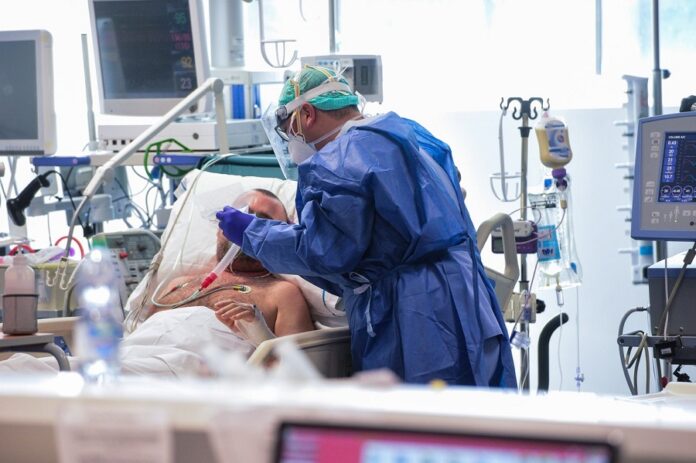Romania has the second-lowest vaccination rate in the European Union (EU) and is bracing for a fourth wave of the pandemic that looks set to overwhelm hospitals where medical staff are already stretched thin, according to Reuters.
The EU has fully vaccinated 72% of its adult population and Romania has only managed 34%, exposing entrenched distrust in state institutions, misinformation campaigns, poor rural infrastructure and weak vaccine education.
After living through three waves of the COVID-19 pandemic without getting sick, 55-year-old Roxana Pascu thought that she was healthy enough to withstand the virus and decided to turn down the vaccine
Pascu is now one of around 1,040 COVID-19 patients currently in intensive care across Romania where cases have more than doubled over the last week and ICU beds are becoming dangerously scarce.
„I thought that if I made it through three waves without getting infected, I can make it through another one without a vaccine,” Pascu said, her voice so weak that she could barely speak.


